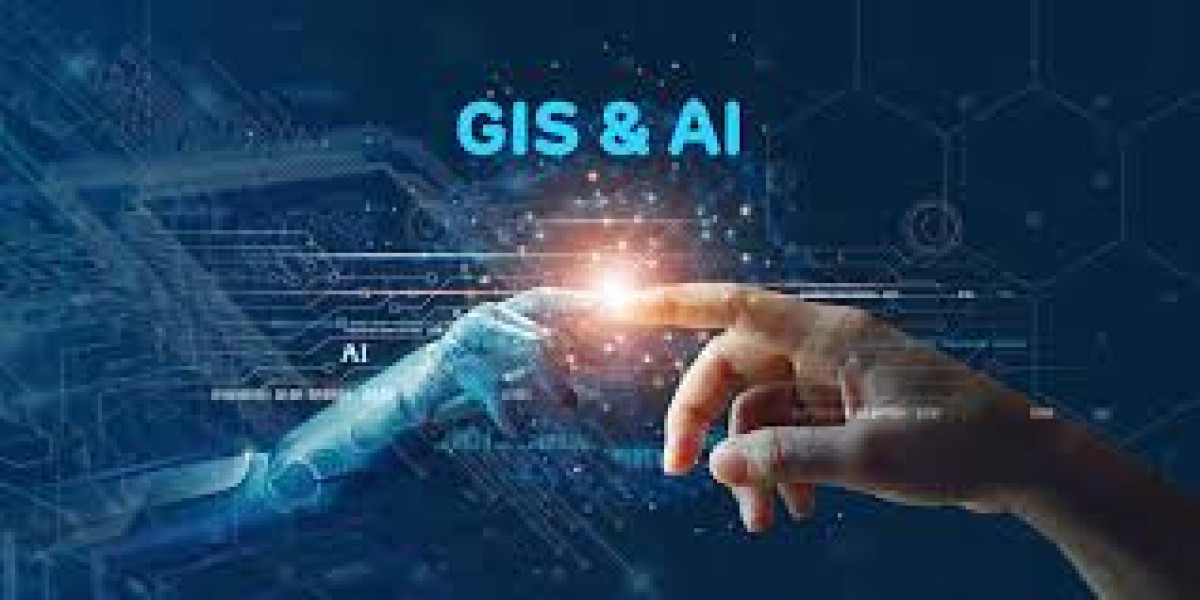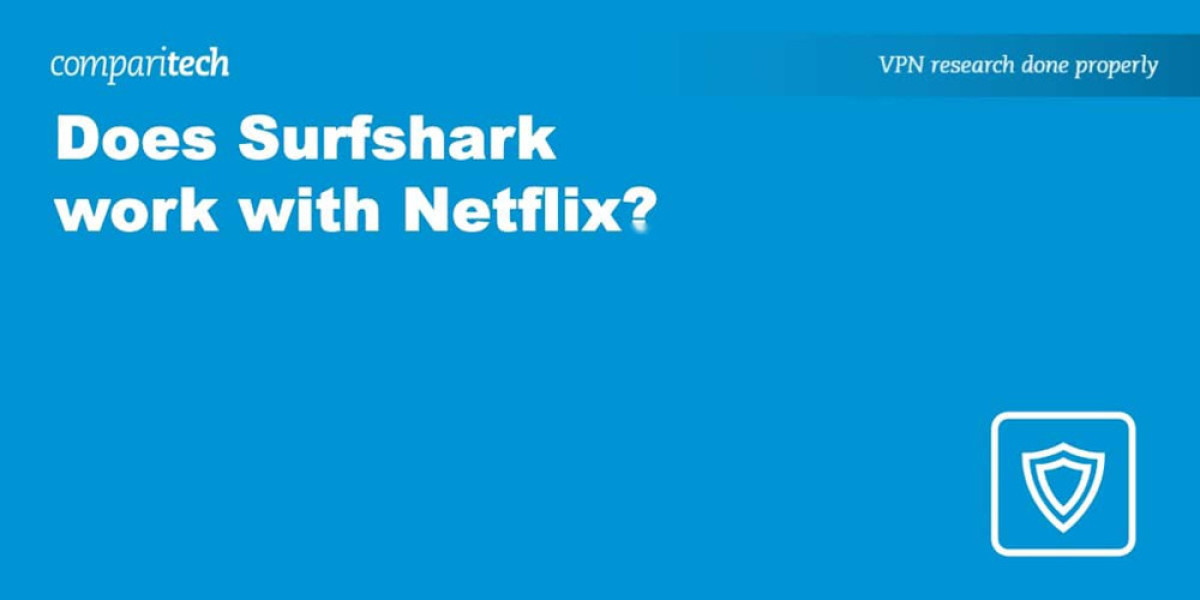The global market for Geospatial Analytics AI, or "GeoAI," is a theater of intense and highly sophisticated competition, where a diverse array of technology companies are vying to become the leading provider of location-based intelligence. A close examination of the Geospatial Analytics Artificial Intelligence Market Competition reveals a multi-layered rivalry that pits the established Geographic Information System (GIS) software giants against the massive scale of the cloud hyperscalers, and both against the cutting-edge innovation of specialized data providers and AI startups. The competition is fierce because the market opportunity is immense: the ability to apply AI to location data can unlock unprecedented insights and efficiencies across countless industries, from retail site selection to precision agriculture and military intelligence. The Geospatial Analytics Artificial Intelligence Market size is projected to grow USD 591.85 Billion by 2035, exhibiting a CAGR of 28.43% during the forecast period 2025-2035. This explosive growth ensures that the competitive pressures will only escalate as each type of player leverages its unique strengths—be it a proprietary dataset, a dominant software platform, or a world-class AI research team—to win the race to dominate this new frontier of analytics.
The central competitive dynamic is the strategic clash between the traditional GIS platform leaders and the major cloud hyperscalers. The GIS giants, with Esri as the undisputed market leader, have a decades-long incumbency and a deeply entrenched position within government and major enterprises. Their competitive advantage is their comprehensive, end-to-end platform for creating, managing, and analyzing geographic information, and their massive, loyal user base of trained GIS professionals. Their strategy is to infuse their existing ArcGIS platform with AI and machine learning capabilities, making it the natural and integrated choice for their customers to perform advanced spatial data science. In direct opposition are the cloud hyperscalers—AWS, Microsoft Azure, and Google Cloud. Their competitive strategy is not to build a new GIS, but to provide a more open, flexible, and powerful horizontal platform for all types of data analytics, including geospatial. Their competitive advantage is their massive scale, their superior AI/ML services, and the fact that their platforms are already the central repository for most of their customers' data. This creates a fundamental battle for the "center of gravity" for geospatial analytics: will it be within the specialized GIS platform, or on the general-purpose, but more powerful, public cloud platform?
This primary rivalry is further complicated by the powerful and unique role of the specialized geospatial data providers, particularly the satellite imagery companies like Maxar and Planet. Their competitive advantage is their ownership of a unique and proprietary "raw material"—a constant stream of high-resolution imagery of the entire planet. They are increasingly competing not just by selling this data, but by building their own AI-powered analytics platforms on top of it to sell subscription-based insights directly to end customers. This makes them both a key data supplier to the ecosystem and a direct competitor to the software platforms. A fourth competitive front comes from the vast ecosystem of innovative GeoAI startups. These agile players are often competing by focusing on a single industry vertical or a single analytical problem (e.g., wildfire risk prediction or supply chain route optimization) and building a best-in-class AI solution for that niche. They are a source of both intense competition and potential acquisition targets for the major platform players, ensuring the market remains highly dynamic and innovative.
Top Trending Reports -
Data Center Outsourcing & Infrastructure Utility Services Market




